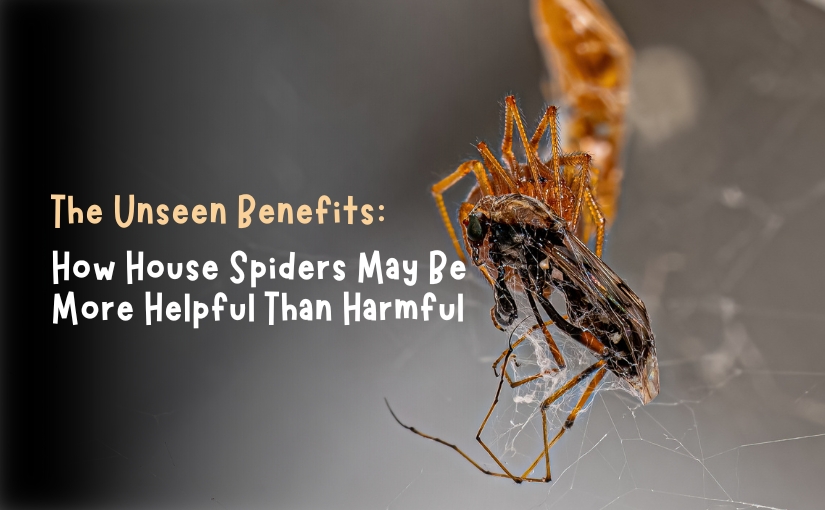
Spiders, despite often being feared or misunderstood, provide numerous benefits to humans and ecosystems. Here are some of the key advantages of having spiders in our environment:
- Natural Pest Control:
One of the primary benefits of spiders is their role in controlling insect populations. Spiders are carnivores that feed on a variety of insects, including mosquitoes, flies, termites, and crop-damaging pests. By keeping these populations in check, spiders help reduce the need for chemical pesticides. - Biodiversity Support:
Spiders are a crucial part of many ecosystems, acting as both predators and prey. They help maintain a balance by controlling the numbers of other animals, which in turn supports the biodiversity of plants, insects, and other wildlife. - Food Source for Other Animals:
Spiders themselves serve as a food source for a range of other animals, including birds, lizards, and larger insects. Their presence contributes to the health of the food chain in ecosystems. - Fewer Crop Pests:
By reducing the number of pests that damage crops, spiders indirectly contribute to better agricultural yields. This can reduce the reliance on harmful pesticides, which can have negative environmental impacts. - Indicator of Environmental Health:
The presence and population of spiders can serve as indicators of the health of an ecosystem. Spiders are sensitive to changes in their environment, so shifts in their numbers can signal shifts in local biodiversity, pollution levels, or habitat destruction. - Medical Research and Potential Applications:
Spider silk is an incredibly strong and flexible material, and scientists are researching its potential uses in medicine, such as in sutures, bandages, and even artificial ligaments. Spider venom is also being studied for its potential therapeutic uses, including pain relief and the treatment of blood clots. - Educational and Aesthetic Value:
Spiders play an important role in educating people about ecology, biology, and the importance of predators in maintaining balanced ecosystems. Their intricate webs, built with remarkable precision, also serve as a natural art form, fascinating many with their design. - Helping to Prevent Disease:
Spiders can reduce the populations of insects that spread diseases, such as mosquitoes that carry malaria and dengue fever. By controlling these pests, spiders can contribute to better public health outcomes.
Overall, while they may seem intimidating, spiders are incredibly beneficial creatures that play a vital role in maintaining the health and balance of ecosystems.